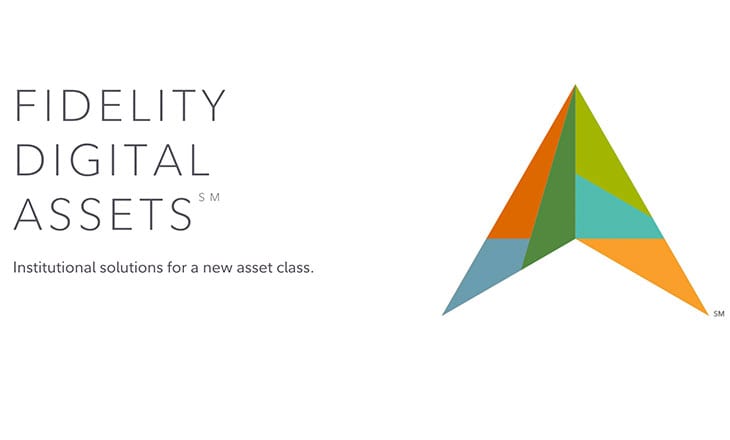While the crypto community eagerly anticipates the participation of institutional heavyweights in 2019, Fidelity’s new cryptocurrency company has actually been active, silently surveying, educating, and steadily adding interested institutional investor clients, comprised at this point primarily of hedge funds and family offices. Tom Jessop, the head of Fidelity Digital Assets, recently shared his thoughts in an interview with CNBC at the DC Blockchain Summit held last week.
Jessop believed that Fidelity’s timing was on the mark, since a number of companies that had opened when crypto prices were at their zenith have had their share of problems trying to keep investors interested. In Fidelity’s case, Jessop noted:
In terms of our pipeline, prices really haven’t had an impact. If anything, they are as encouraged now as they were when prices were higher.
In preparation for its roll out of its cryptocurrency custody and trade execution operations, the firm conducted a survey of roughly 450 institutions, including an assortment of wealthy families, hedge funds, pensions, and endowments. Jessop said:
There’s long-term interest from institutional investors to add some form of cryptocurrency to their portfolios. It’s often seen as an uncorrelated risk, or a store of value in a crisis. Others see a trading opportunity given the sector’s volatility. Fidelity commissioned research to gauge the level of that interest.
Surprisingly, 22% of respondents already had positions in the crypto market. There may eventually be a public launch announcement, but for the time being, as the firm brought on new institutional clients, it silently provided custodial and investing services in the background, transacting business with multiple exchanges in the system. Fidelity fills a vacuum in the crypto world where no custodial type service existed, an anathema for professional institutional investors. Fidelity handles all safekeeping and storage of digital assets on behalf of its customers.
Jessop also noted that while his company is “live”, there are still quite a few aspects that require time to complete. Expanding its jurisdictional coverage will always be a work in progress, and its list of offerings will also expand over time, the reason why many clients have expressed a desire to wait for just the product mix that suits their institution. Jessop explained that: “It really depends on the facts and circumstances of each client.”
Fidelity has focused for the last 72 years on managing retirement funds and mutual funds, while remaining family controlled. Headquartered in Boston, it has become one of the largest investment management firms, sporting nearly $2.5 trillion in assets under management and over 50,000 employees. Surprisingly enough, the firm also expends over $2.5 billion per year on technologies like artificial intelligence and blockchain. Fidelity Digital Assets was actually spun out from Fidelity Center for Applied Technology.
Jessop was questioned about how many clients had a “wait-and-see” attitude about cryptos. Jessop’s response: “At some point, there will be an attractive entry point. But by the same token people don’t want to be early even if we’re well off the highs.” Price volatility was also given as a reason for hesitation by survey respondents. For all of 2019, crypto prices have been relatively stable, but Jessop firmly believes that this issue will fade over time as the structure of the market matures.
Lastly, investors admitted that their awareness of the crypto space was also inhibiting a move on their part. Per Jessop, the more educated the firm, the more apt they were already maintaining positions in the crypto market:
They’ve approached us wanting to learn, which is an encouraging sign. That’s not to say that there’s a cohort of people that once they get educated will still have a negative view.
